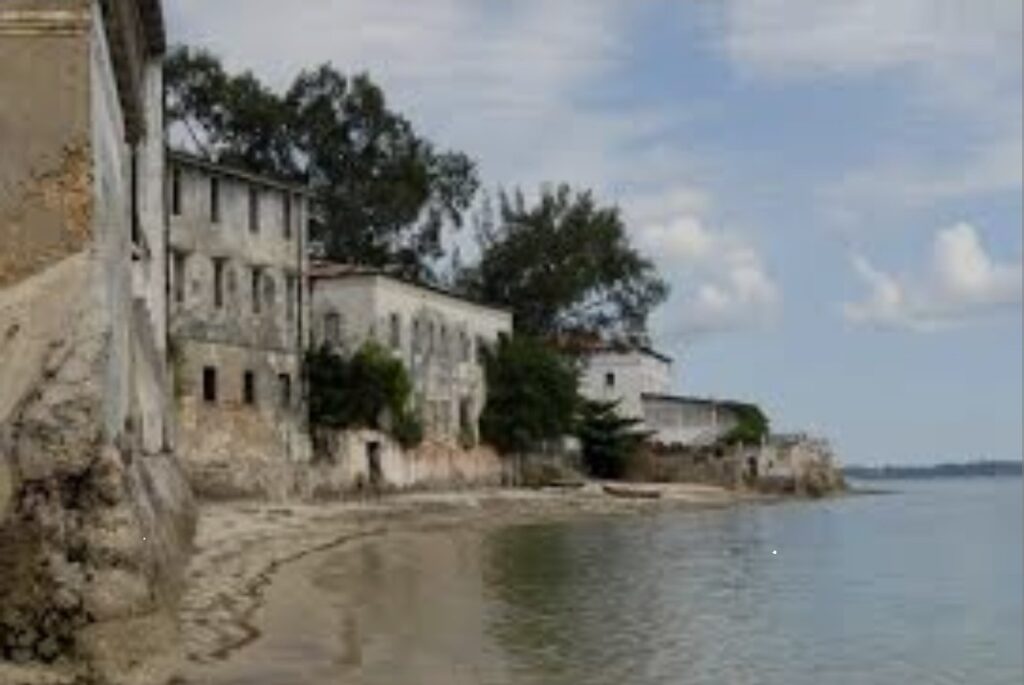
Maina wa Njuguna
Professor of anthropology Chapurukha Kusimba of the University of South Florida (USF) recently uncovered the first DNA from the Swahili Civilization along the East African coast (from Kenya to Mozambique) dating back to the 7th century, just about the same time Islam was founded.
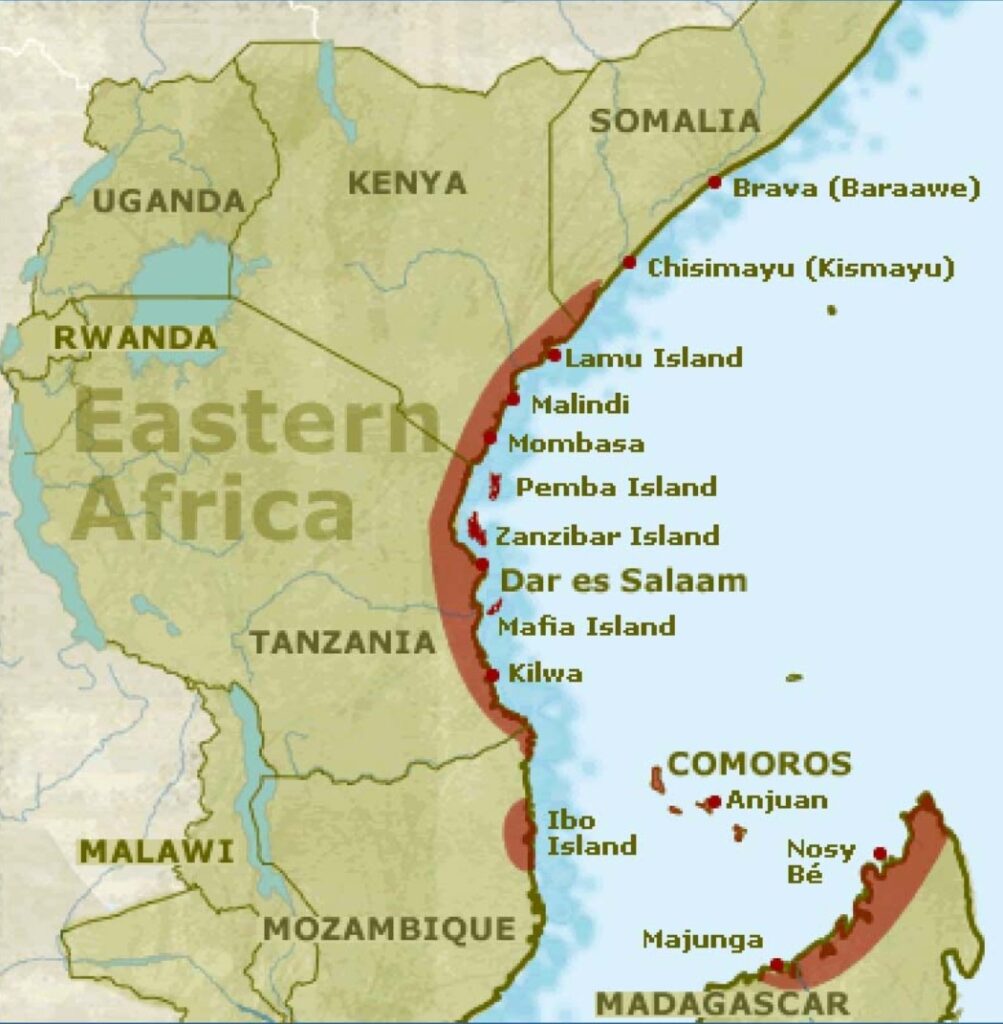
Dr. Kusimba’s quest of 40 years to get to the bottom of this was partly driven by the constant denial of African indigenous Swahili community’s role as major contributor to the sophisticated and prosperous civilization.
“This research has been my life’s work – this journey to recover the past of the Swahili and restore them to rightful citizenship,” Kusimba said. “These findings bring out the African contributions, and indeed, the Africanness of the Swahili, without marginalizing the Persian and Indian connection.”
Chapurukha Kusimba
Professor Kusimba, a Kenyan native approached the descendants of the Swahili pioneers, gained their trust and approval to complete cemetery excavations for DNA sampling. He was accompanied by David Reich and Esther Brielle, Harvard geneticists and Jeff Fleisher of Rice University and Stephanie Wynne-Jones for University of York who are both writers.
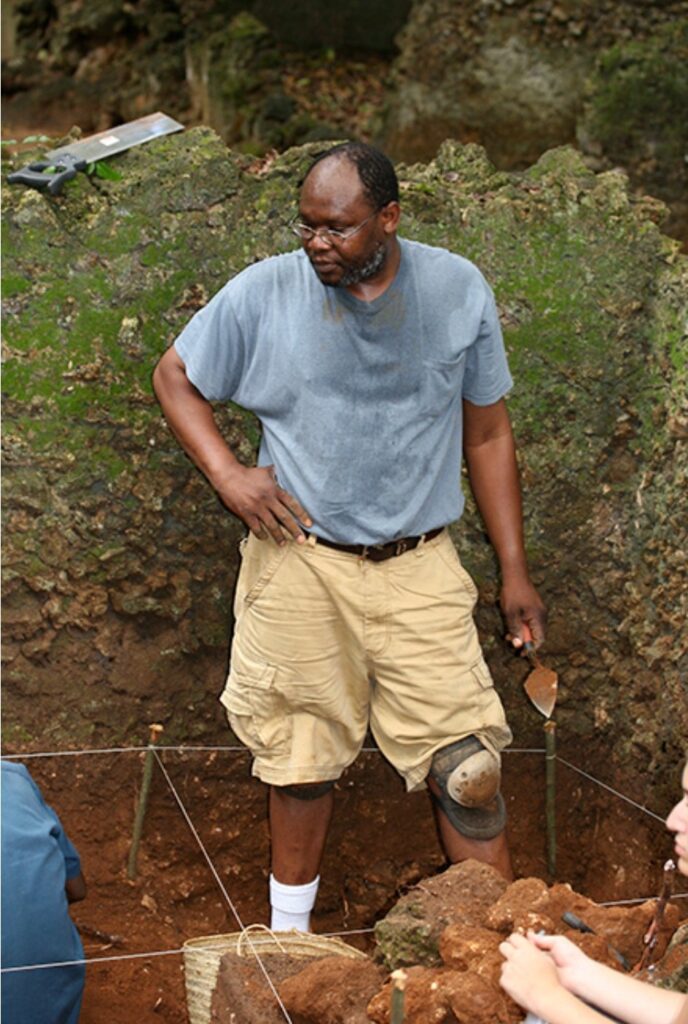
An interesting find was that the ancestry of the remains analyzed had both African and Asian ancestry. The DNA revealed a pattern: that majority of male-line ancestors came from Asia, while the female-line ancestors came from Africa.
Another amazing find was that inspite of intermarriages among these two cultures, descendants spoke African language, and not the Asian one. The research concluded that African women greatly influenced the formation of Swahili culture. Thus, indigenous African women were the primary holders of economic and social power.
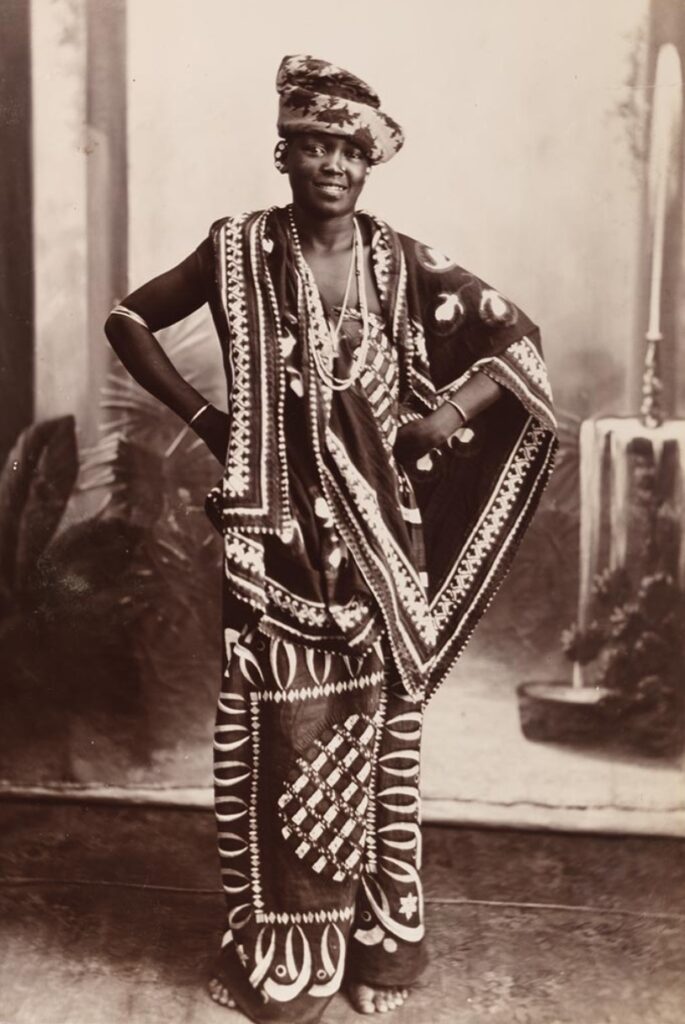
Professor Kusimba’s previous work documented the poor treatment of Swahili descendant communities because of ill formed narratives that his work just rebuffed – that African contribution was less of a factor and not part of the wealthier Swahili culture.
USF assistant professor Dillon Mahoney noted “This research is not only significant for its scientific achievement, but it tells us that we must take non-Western and oral histories into full consideration, because our ancestry research is tending to support such stories, even if generations of academics have largely viewed such stories with skepticism.”
Kusimba noted the challenges and the outlandish narratives imposed from the outside for political and economic ends, and that this research brings peace and restores pride to the millions of people who identify as Swahili today.
Up until now, it has been difficult to determine how people who identify as Swahili today relate to people of the early modern Swahili culture.
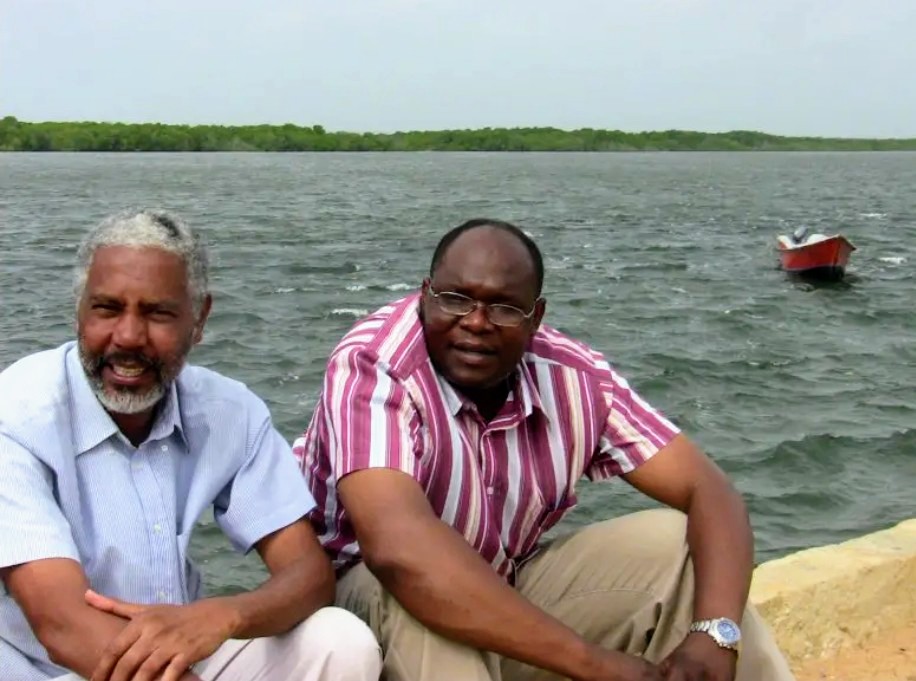
Image: /Chapurukha Kusimba, USF/
Professor Kusimba intends to expand his research with the collaboration between anthropologists and geneticists for deeper and broader analysis.
This has also formed a blueprint to resolve unsettled disagreements among scholars surrounding the heritage of other groups of civilizations such as the ancient Egyptian civilization if it was African in origin.
“There is always tension between anthropology and genetics surrounding the interpretation of the material,” Kusimba said. “But working with my colleagues from Harvard, Rice University and University of York to ensure that the anthropological explanation accommodated the genetic data analysis without being simplistic has been so rewarding.”
Some books written by professor Chapurukha Kusimba include:
• Unwrapping the Textile Traditions of Madagasgar; • The Rise and Fall of Swahili States, and • East African Archaeology: Foragers, Potters, Smiths, & Traders
